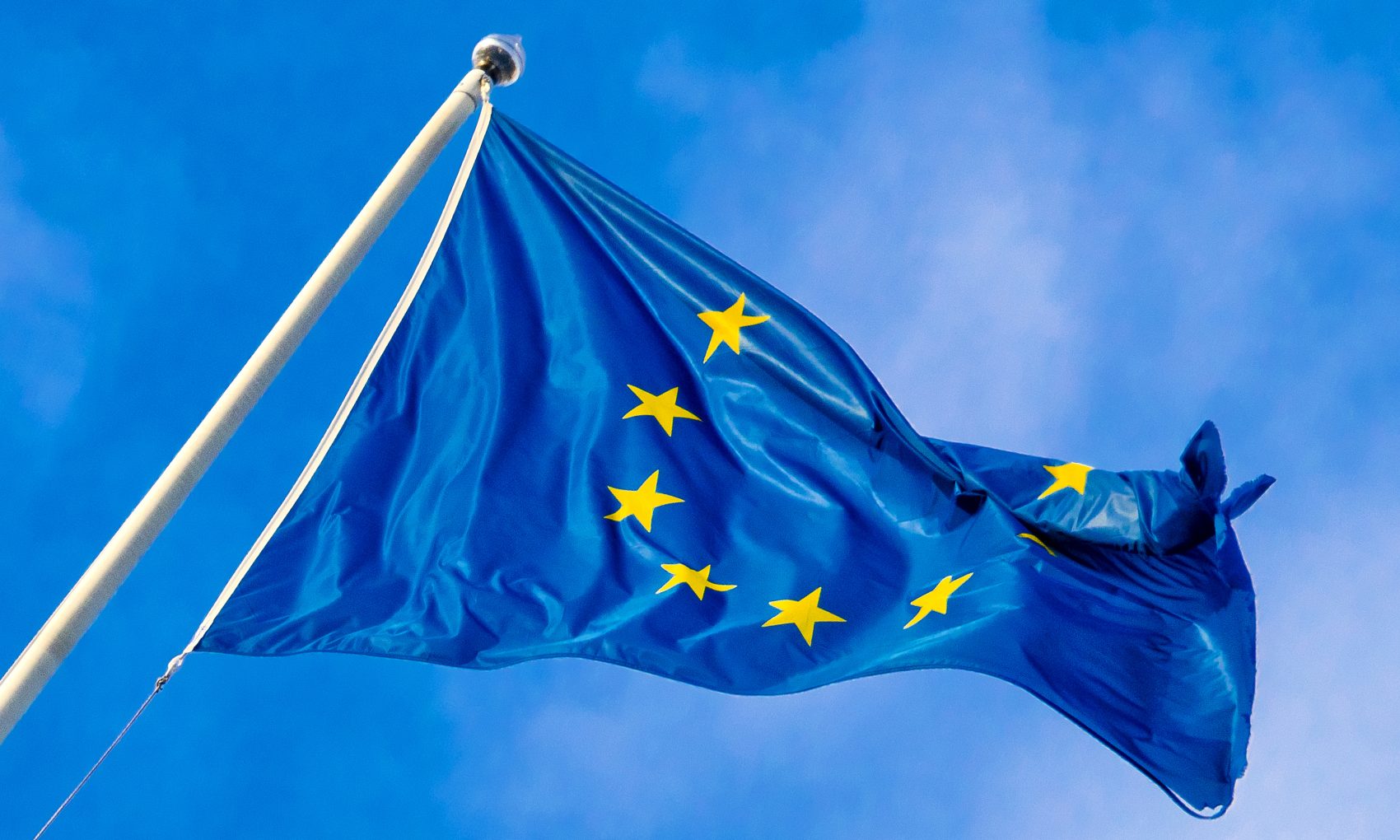Stricter AML rules in the EU: What’s new?
DISCLAIMER: This post was last modified on 22 January 2024. Some information in this article may not be updated.
The EU Council and Parliament start 2024 with a provisional agreement, through a new package, on some aspects of the bloc’s anti-money laundering directive. Both are pushing for stricter anti-money laundering or AML rules in the EU. According to the Council’s 18 January media release, this deal is “to protect EU citizens and the EU’S financial system” against money-related crimes.
Coverage of EU’s stricter AML rules
The new package will push for a more harmonised set of AML rules within the region to address any loopholes in the financial systems of each member state. The directive will oversee institutional AML/CFT systems at the national level, while a new EU regulation will cover stricter AML rules in the private sector.
Currently, the EU’s AML rules cover the following entities:
- Financial institutions
- Banks
- Real estate agencies
- Asset managers
- Casinos
- Merchants
These bodies already have the capacity and privilege to perform AML/CTF activities to monitor for suspicious activities. EU’s stricter AML rules, however, will expand to the following:
- Crypto-asset service providers (obliged to carry out due diligence activities for transactions 1000 EUR or more)
- Luxury good traders
- Luxury car traders
- Traders of yachts and aeroplanes
- Traders in the art world
- Professional football clubs and agents (member states have the prerogative to remove these actors from their list of obliged entities)
Entities covered by the AML rules must verify the identity of persons with occasional transactions between 3.000 EUR and 10.000 EUR. The EU will also now implement a maximum cash payment of 10.000 EUR. However, member states can lower this limit.
Changes in beneficial ownership in EU under new AML rules
Through this provisional agreement, the Council and Parliament aim to make rules on beneficial ownership more transparent and standardised across the region, ensuring entities will not use multilayering ownership structures. The new package wants to clarify the definition of beneficial ownership based on ownership and control. The threshold is set at 25 per cent. The rule covers all types of entities in the EU, including non-EU entities doing business in the region. Foreign entities that own real estate in the EU shall register their beneficial owners. This is retroactive until 01 January 2014.
Authorities will verify the information that entities submit to the central register of beneficial owners. Under the agreement, regulators can flag owners associated with persons or entities subject to financial sanctions.
Who can access the register:
- Persons with legitimate interest
- Media
- Civil society
- Competent authorities
Monitoring
The Financial Intelligence Units (FIUs) will be primarily responsible for preventing, detecting and reporting suspicious financial activities within their jurisdictions. These units have the privilege to access financial, administrative, tax and other asset information, which they can analyse to monitor possible money laundering and other financial crimes.
FIUs of member states can cooperate on cross-border cases and are expected to hand over information to other competent authorities for risk assessment.
According to the agreement, FIUs can also suspend or withhold consent to a transaction in performing their obligations.
What’s ahead
When the text of this agreement has been finalised, it will be presented to the representatives of the member states for approval. It will be published in the EU’s official journal and enacted if approved.
How we can help
In the fight against financial crimes, authorities continue implementing new rules to ensure the integrity of their financial systems. In such cases, it is essential for entities, especially those in the financial sector, to be informed about the latest developments and compliant with new regulations.
Compliance is at the core of Bolder Group’s workflow. We provide outsourced AML/KYC solutions and regulatory services and appoint AMLCO/MLRO/DMLRO to ensure our clients’ businesses keep up with the changes and comply with regulatory requirements. For more information about why you need compliance services and how you can design a sustainable compliance program that aligns with the changes, reach out to us.
Bolder Group does not provide financial, tax or legal advice through these marketing materials, and any information contained herein is for general informational purposes only. Our operations are conducted independently, and we have no affiliations with any financial, tax or legal advisory services. We strongly recommend that readers of these materials consult with qualified professionals for personalised advice, and we assume no liability for any errors or consequences resulting from actions taken based on the information presented in our marketing materials.
Bolder Group refers to the global network of independent subsidiaries of Bolder Group Holding BV. Bolder Group Holding BV provides no client services. Such services are provided solely by the independent companies within the Bolder Group which are each legally distinct and separate entities and have no authority (actual, apparent, implied or otherwise) to obligate or bind Bolder Group Holding BV in any manner whatsoever. The operations of the Bolder Group are conducted independently and have no affiliation with third party financial, tax or legal advisory firms or corporations.
